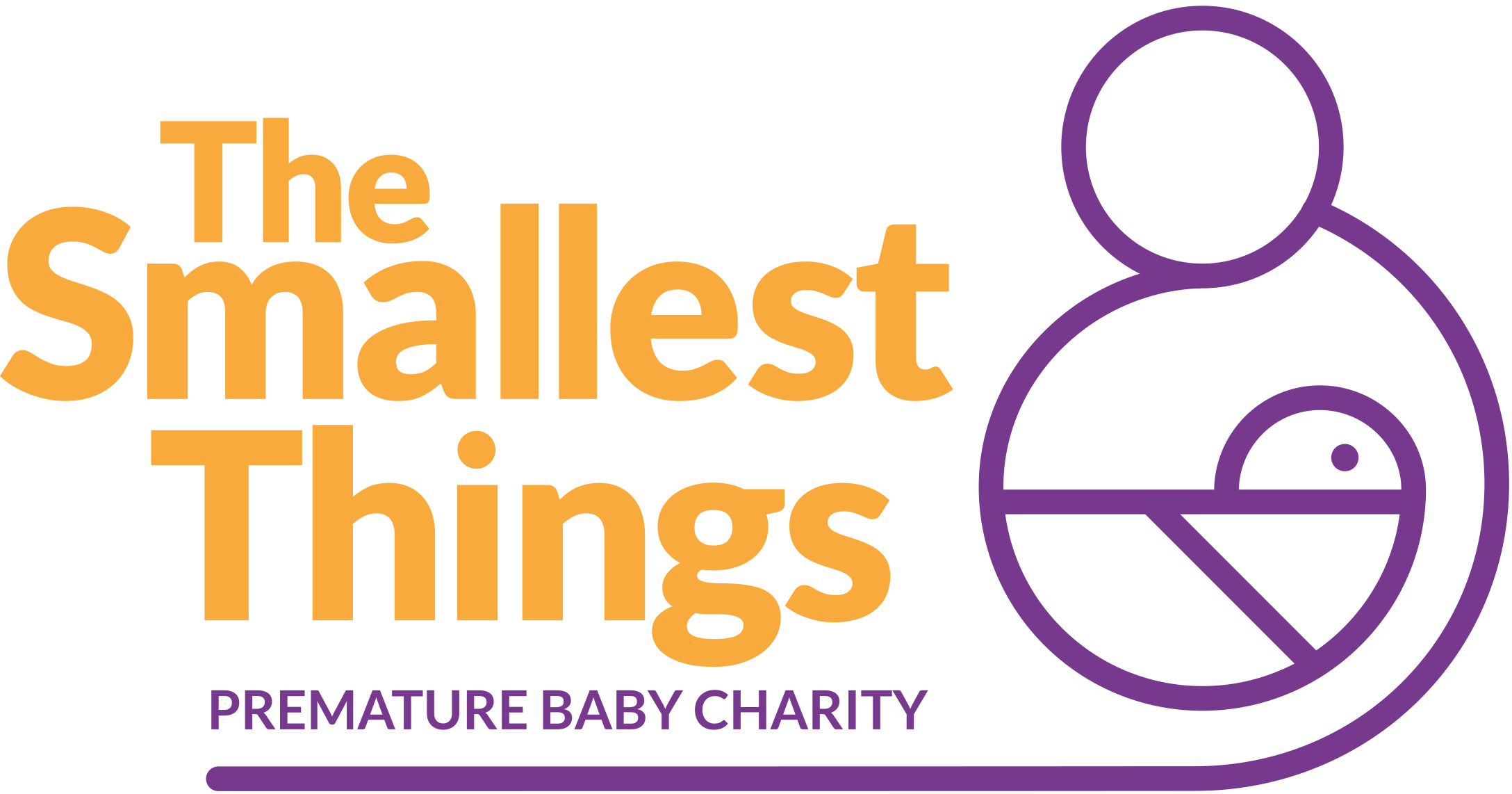From respiratory failure to rock band: Gregory’s story
Our son Gregory was born suddenly at 27 weeks’ gestation in January 2012, weighing 2lb 9oz (1.16kg). I was at work 50 miles away from home at the time and had to rush to the nearest hospital in Edinburgh where Gregory was born just over a day later.
We were totally unprepared for his early arrival. Neonatal intensive care is an alien environment that you can’t prepare for. We knew very little about prematurity and the potential challenges and medical problems our tiny son could face.
Touch and go
After a relatively stable start, Gregory developed necrotising enterocolitis (NEC) at six weeks and needed an operation to have part of his intestines removed. He needed a stoma to help his bowel recover. Not long after this operation he developed bacterial pneumonia and severe respiratory failure. He was critically ill, and needed 100% oxygen on an oscillating ventilator. It was touch and go for weeks whether he would survive and the days of not knowing if he would pull through were horrendous.
He slowly started to recover and eventually came home on oxygen after 130 days in the neonatal unit at Edinburgh Royal Infirmary.
As well as NEC, he had a grade II brain bleed, needed multiple blood transfusions, was diagnosed with chronic lung disease, sepsis, and had a double inguinal hernia. He had further operations in his first year to reverse his stoma and sort his hernias. In the first few years of his life, he also had several hospital admissions for viral wheeze and RSV (Respiratory syncytial virus).
Trauma and joy
I really can’t put into words how traumatic - but at times joyful - the whole neonatal experience was for us. I don’t think you can truly understand what it’s like unless you’ve been in that situation.
We are so lucky to have Gregory and will be forever grateful to the many hospital staff who helped save his life. During our time in the unit, we met several parents whose babies sadly didn’t make it so we’re acutely aware how differently things could have turned out.
Twelve years on, Gregory is a kind, funny and caring boy who brings us great joy. He enjoys go-karting, roller skating and reading – but his biggest love is music. For someone so young, Gregory’s musical knowledge is amazing. He plays the drums and is involved in a rock band as part of a local music school. He can struggle with his motor skills and coordination but drumming is helping with this. It is also helping with his self-confidence, which can be quite low.
Growing up
The reality is that for some children like Gregory, prematurity doesn’t end when you go home. Prematurity has impacted many aspects of his life, and I do wish there was more follow-up support for children like Gregory as they grow up.
Like many – but not all – children who were born extremely early, he has needed extra support at school.
As a parent, I have found the PRISM e-learning resource (tool to improve teachers’ knowledge of supporting prematurely born children and part of The Smallest Things Prem Aware Award) a great help in explaining the impact of Gregory’s prematurity to his teachers.
This tool explains some of the issues and challenges children born early can present in the classroom, and ways to to support them. This resource was such an eye-opener for me as it could have been describing Gregory word for word: difficulties with memory, poorer visual spatial-skills, attention difficulties and struggles with maths.
He is excited to go to secondary school soon, and we will work with the teachers at his new school to make sure he continues to get any extra support he needs.
We are proud of how far Gregory has come since his extremely difficult start in life. Even though we are several years down the line, his prematurity will always be part of who he is and part of what makes him extra special.
Passing on hope
When Gregory was desperately ill in the neonatal unit, his dad and I used to read the stories and look at the photos on the walls of the many babies who had overcome immense challenges. These gave us hope and strength. We hope that by telling our story we can help do the same for others.
Thanks to Claire for sharing Gregory’s story.




